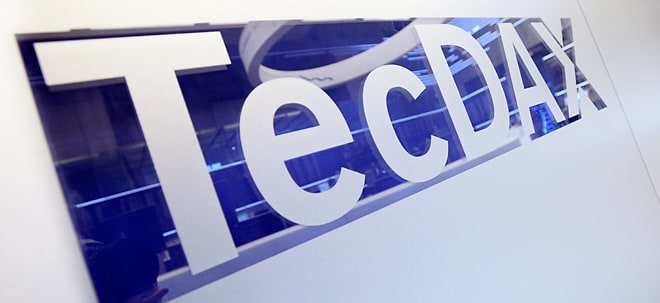UNITED NATIONS (CNN) -- Israel's forces will not leave Lebanon until a U.N.-led multinational force arrives, "even if it takes months," Israel Defense Forces Chief of Staff Dan Halutz said Wednesday.
On Tuesday, Halutz had predicted Israel would withdraw its forces from Lebanon within 10 days.
The United Nations plans to deploy between 3,000 and 3,500 troops within 10 to 15 days into southern Lebanon as a "vanguard force" working with Lebanese troops to consolidate the cease-fire there, according to Deputy Director of U.N. Peacekeeping Hedi Annabi.
The force -- called for by the U.N. resolution to end the violence -- will supplement the current 2,000 U.N. Interim Forces in Lebanon already in the region.
While the first 200 U.N. troops could arrive by the start of next week, UNIFIL chief Maj. Gen. Alain Pellegrini said Tuesday it could be November before the full contingent arrives.
"To pass from 2,000 to 15,000 is enormous," Pellegrini told CNN.
The troops will be deployed in what U.N. peacekeeping officials described Tuesday as a "rolling exercise" replacing Israeli troops with Lebanese and U.N. troops starting from the northeast at Marjayoun, Lebanon, and moving southwest.
Once in place, the U.N. troops will work along with Lebanese troops to try to create a demilitarized zone between the Litani River and the "blue line" -- the border between Israel and Lebanon.
Dozens of countries, including Italy, Malaysia, Indonesia and Turkey, have expressed interest in taking part in the force and attended technical meetings at U.N. headquarters -- but no country had pledged troops as of Tuesday.
France is expected to make a significant offer to bolster the existing force of about 2,000, but Paris has not confirmed the scope of its contribution.
U.N. officials said more formal announcements are expected after meetings with the French on Thursday.
Wednesday, the foreign ministers of France, Turkey, Malaysia and Pakistan were scheduled to meet with Lebanese Prime Minister Fouad Siniora in Beirut to discuss the makeup of a multinational force.
Under the U.N.-brokered cease-fire agreement, the combined forces will seek to prevent a return to violence between the Israeli military and Hezbollah militia.
"Everybody is keen to implement this rapidly," said Pellegrini.
The first of 15,000 Lebanese troops could begin moving into areas south of the Litani River by Thursday, Lebanese officials said.
As the cease-fire entered its third day, the death toll in Lebanon continued to climb, with bodies being discovered as Israeli and Hezbollah forces pulled back. (Watch Hezbollah vow to rebuild -- 1:53)
Lebanese Internal Security Forces reported 989 fatalities since the conflict began July 12.
At least 159 deaths have been reported in Israel, the Israel Defense Forces said Tuesday.
In a sign of lingering danger in south Lebanon, security officials said an explosive detonated Wednesday in the town of Nabatiye, killing a 20-year-old man, The Associated Press reported.
The victim, Ali Turkieh, stepped on the bomb outside his family home. A girl in the area was injured by explosives a day earlier, the AP said. (Watch refugees' struggle to get home -- 3:07)
Hezbollah to disarm?
As part of the cease-fire agreement, Israel agreed to stop offensive military operations and withdraw its forces from the region of Lebanon south of the Litani once the combined Lebanese-international force is in place. In return, Hezbollah agreed to disarm south of the river.
However, it is unclear whether Hezbollah will comply with its part of the agreement.
The government's goal is to persuade Hezbollah to become "a normal political party, having the same rights and obligations as others," said Mohamad Chatah, an adviser to Siniora.
"Hezbollah says that can happen," Chatah said. "We cannot have two armies anymore."
|


 Thread abonnieren
Thread abonnieren

